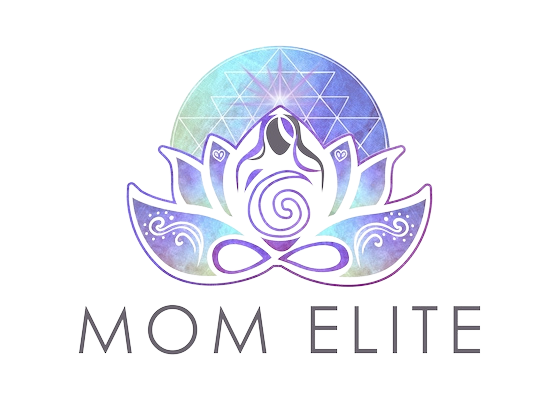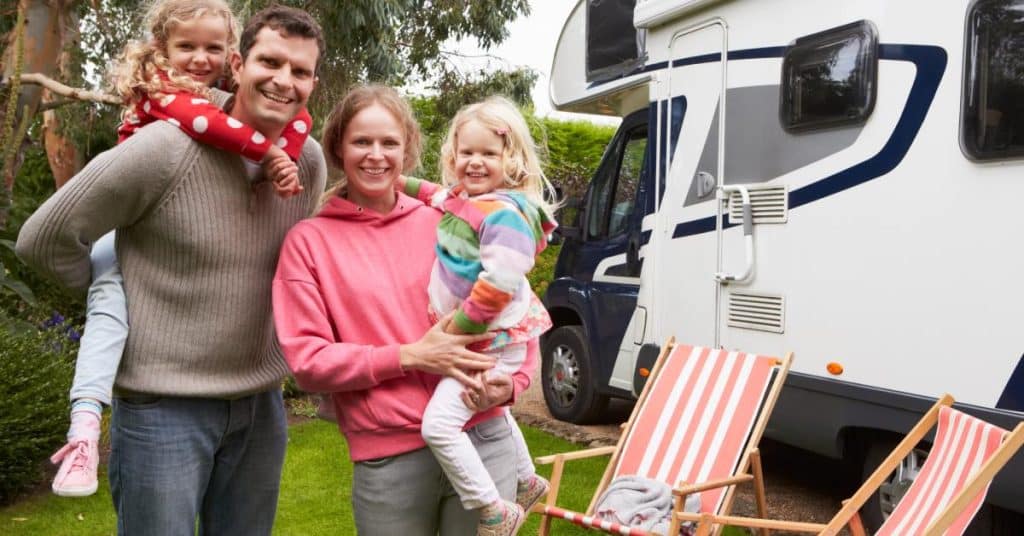Taking care of your elderly parents is one of those things that’s easy to say and hard to actually do. You’re stepping up out of love and loyalty, no question, but that doesn’t mean it’s not a huge emotional challenge. Sometimes, it’s just so incredibly draining. Other times, it feels so rewarding it almost hurts. Caring for a parent who once cared for you—it’s complicated, but it’s also pretty amazing.
Via Pexels
The Emotional Weight Of Role Reversal:
Remember when you were little, and your parents were the ones guiding you, telling you what’s best, helping you navigate the world? Now it’s your turn, and while there’s something beautiful about it, it’s heavy too. Seeing our parents age can feel like a punch in the gut. Pride and sorrow, love and loss—everything gets wrapped up in this new relationship dynamic.
So, what helps? Start by acknowledging the shift, accepting that life moves forward, and so does our role in it. Allow yourself to feel sad, if that’s what’s coming up. Don’t skip over those feelings; they’re real and normal. And when it gets overwhelming, reach out—whether it’s a sibling, a friend, or someone else who gets it. We don’t have to do this alone, even if it sometimes feels like we do.
Managing Guilt And Self-Expectation:
Guilt. It’s just always there, isn’t it? Even if you’re doing everything humanly possible, that “I should be doing more” feeling sneaks in. Maybe you feel guilty for not spending every moment with them, or for feeling frustrated. It’s normal, but it can be exhausting.
Here’s the thing: let yourself off the hook a little. Perfection? It doesn’t exist. Figure out what “good enough” looks like for you, and stick to that. That’s right—draw the line somewhere. Remember, respite care services are there for a reason. They can give you a breather, let you take a break without feeling like you’re abandoning ship. It’s okay to need a break, and it doesn’t mean you love them any less. It means you’re human.
Coping With Isolation:
Being a caregiver can be lonely. You’re there for your parent, often putting everything else on hold, and then all of a sudden, you look around, and you’ve lost touch with the world. Social isolation sneaks up on you, and before you know it, you’re feeling like you’re in this by yourself.
Don’t let go of your social ties. Even if it’s a ten-minute call to a friend, or grabbing a quick coffee, those small connections matter. It doesn’t take much to remind you that there’s still a world outside of caregiving. And if that’s not possible, even joining an online caregiver support group can work wonders. You’re not the only one going through this. There are people out there who get it, who are probably feeling exactly like you do.
Dealing With Unresolved Family Dynamics:
Old family tensions have a way of popping up when you’re caring for a parent. Siblings may suddenly have strong opinions, decisions get harder to make, and past grievances sometimes resurface. Even the most functional families can hit rocky ground here. Emotions run high, and it’s hard not to let history shape every decision.
If this sounds familiar, try to approach it with a dose of empathy. Maybe your brother is overbearing because he’s scared, or your sister’s being stubborn because she feels left out. It’s not easy, but remembering that everyone’s worried about the same person can make a big difference. And hey, if all else fails, don’t be afraid to bring in a mediator. Sometimes, a neutral party can cut through the drama and bring everyone back to what matters: your parent’s well-being.
Via Pexels
Accepting The Reality Of Decline And Loss:
Watching a parent decline is well… A tough one. It’s heart-wrenching. They’re still here, but they’re not quite the same, and the anticipation of what’s to come can be super overwhelming. It’s like you’re grieving for something that hasn’t even happened yet. This “pre-grief” is something that most caregivers feel, and it’s painful in a way that’s hard to actually explain.
What’s helped many is focusing on the now. Instead of worrying about what tomorrow holds, savor today. Cherish those small moments, the laughter, the stories. Live in the present because it’s the only thing that’s truly ours. Mindfulness, they say, is a gift, and maybe they’re right. It can help us stay connected to our parents without drowning in what’s next.
Reframing Negative Emotions And Finding Meaning:
Frustration. Sadness. Even anger. These emotions? They’re par for the course. You’re giving so much, and sometimes it’s just plain hard. Negative emotions don’t mean you’re a bad caregiver—they mean you’re human. But if you let them take over, they can cloud the beautiful parts of what you’re doing.
Reframing can help. Think of it this way: every act of care, every long conversation, every trip to the doctor—it’s an expression of love. There’s meaning here, and there’s a purpose. Focusing on that can help turn frustration into compassion, sadness into acceptance. It doesn’t erase the hard parts, but it can make them a little easier to bear.
Recognizing And Appreciating Your Own Growth:
Caregiving changes you. It is as simple as that. It makes you more patient, more compassionate, more resilient. This isn’t a journey most people get to take, and there’s a lot of personal growth along the way. You might not realize it in the day-to-day, but you’re becoming stronger, learning things about yourself that you’d never have discovered otherwise.
So, take a minute. Recognize the progress you’re making, the patience you’re building, the strength you’re finding. It’s not easy—nothing about this is—but you’re doing it. And whether you feel it or not, that matters.
Final Thoughts:
Caring for a parent isn’t just a responsibility; it’s an experience. It’s a complex journey filled with love, tears, moments of exhaustion, and flashes of joy. But it’s also a journey you don’t have to take alone. By taking care of yourself, you’re showing up fully for them.
Remember, every single day you show up for your parent is a testament to your love and strength. It’s one of the hardest jobs there is, but it’s also one of the most meaningful.



